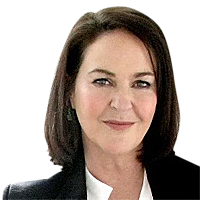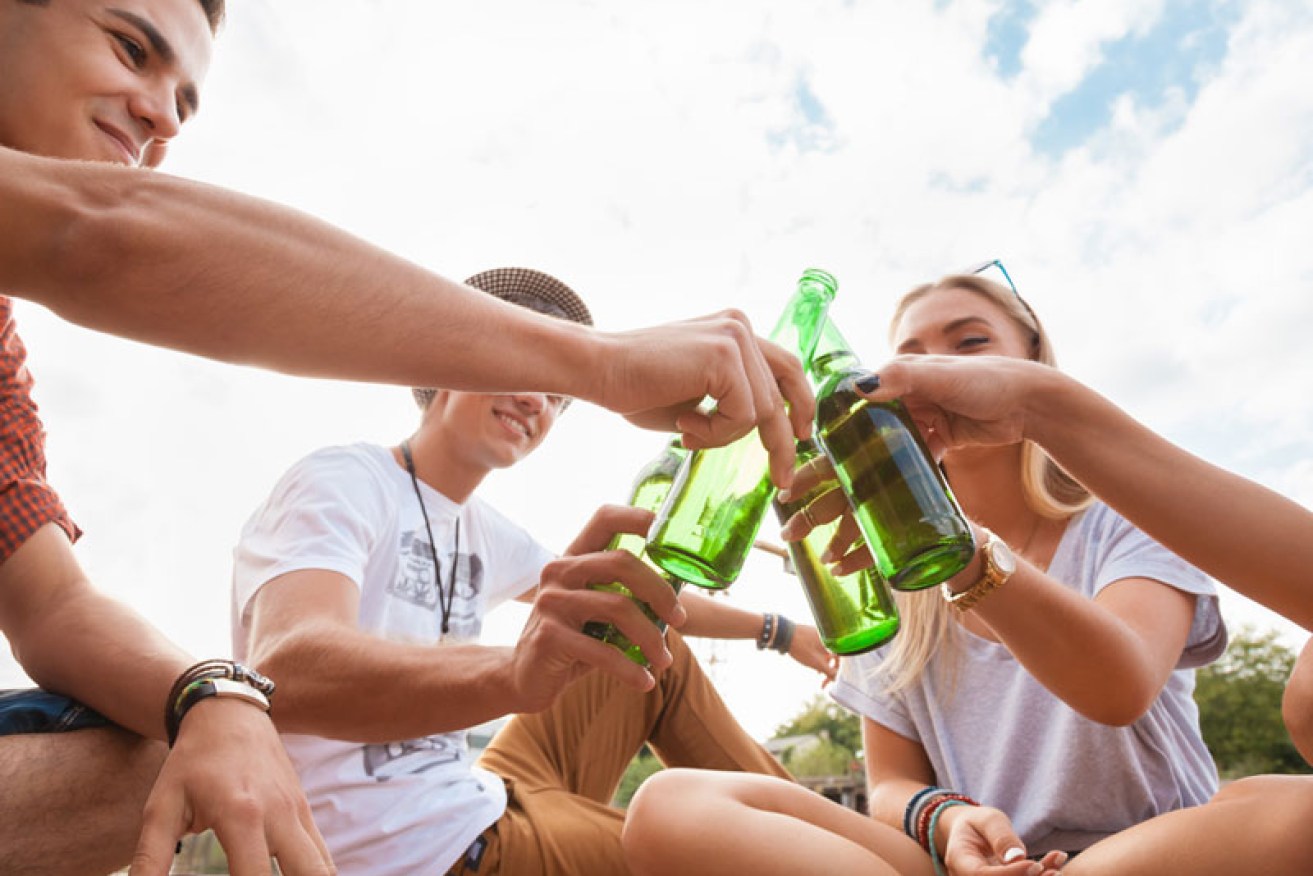Why you shouldn’t give your 16-year-old a beer


Shutterstock
Introducing alcohol in a controlled environment does not actually lead to responsible drinkers, new research shows.
A study released last week by the Foundation for Alcohol Research and Education (FARE) takes on this very wobbly issue of secondary supply laws and underage drinkers.
Australia’s official drinking guidelines, the National Health and Medical Research (NHMRC) Guidelines to Reduce Health Risks from Drinking Alcohol recommend that “for children and young people under 18 years of age, not drinking alcohol is the safest option”.
• Alcohol’s benefits may be ‘harmful propaganda’
• Are you drinking too much? Find out here
• Battling the booze: how ‘normal’ is your drinking?
But it appears as a society we are unsure of the morality of allowing a minor to drink, weighing it as we do against the prevailing social perception and assumption that “they’re going to drink anyway, so it’s better that they do it under my watch”.
It’s unlikely that a responsible adult would agree to buy alcohol for a random underage kid hanging around outside the bottle shop, but we are able to justify letting our 16-year-old have a couple of beers with his mates at home on his birthday.
Yes, it probably is safer than drinking a cask in the park at night with its attendant dodgy and dangerous characters, but does that automatically mean that we need to create a safe and comfortable haven for teenage drinking, even occasionally? As the mother of now 20-year-old boys, I was torn.

The home should be an alcohol-free sanctuary, says the author. Photo: Shutterstock
I come from a long line of heavy drinkers. My Scottish grandmother drank almost a bottle of whisky per day. She was a happy, quiet drunk who was in bed by 7pm, so her behaviour was passed off by the family as vaguely amusing. Not so much my stepfather, who drank himself to death. Not so much my mother, who had a lifelong problem with moderation and would often turn mean and abusive.
As a teenager, surrounded by drunks, my brother and I were forced be the grown-ups in the house. It caused him to choose a lifetime of abstinence. I, on the other hand, have always been a big social drinker, but was often sobered at home by the behaviour of my immediate family.
As a former magazine editor, I marketed alcohol for many years and have certainly drunk my fair share of champagne and wine, many times over. But I recognise the ugly tipping point, and so I believe that home needs to be the sanctuary, the place where you can abstain, rest, recover.
I recall wincing when my mother would ask my young sons to top up her wine glass. I’d choose to have a dry Christmas Day, as I nervously watched her race to the end of the second bottle, a pattern of compensating that was conditioned over a lifetime.
You might argue that it’s all very well if you have one of those families where everyone, including the kids, has a half glass of wine with their lunch to “teach them how to drink responsibly”, but all the research evidence suggests otherwise.
Regardless, in my case, I certainly didn’t have one of those families, and nor do many Australians. It was more a case of ‘all or nothing’ and that wasn’t the lesson I wanted to pass on to my boys.
Supplying alcohol to your children in the privacy of your home is not illegal, but supplying it to their underage friends is.
According to this latest research from FARE, most of us view drink driving and speeding as major transgressions. But secondary supply far less so, due in part to the fact that there is little likelihood that anyone will get caught when it often occurs behind closed doors.
No one is advocating for home police raids but the idea that the responsible route as a parent is buying the alcohol for underage kids and allowing the drinking to go on under your nose is potentially flawed.
Does supervising children’s alcohol consumption at an early age teach them to drink more moderately over a lifetime, or does it encourage and sanction a habitual behaviour? Is it unreasonable, or uncool, to suggest they put off having their first drink in your company until they turn 18?
I still don’t drink at home with my sons, even though they are now 20, bar sharing a toast for a graduation or birthday. I want my children to regard home as the place where they can take a break from alcohol and partying. Someone has to be the grown-up.
Kirstie Clements has served as a Director of the Foundation for Alcohol Research and Education (FARE), an independent, not-for-profit organisation working to stop the harm caused by alcohol, since June 2015. Kirstie is an author, journalist, speaker and former editor in chief (1999-2012) of Vogue Australia. Her memoir of three decades in fashion publishing, The Vogue Factor (MUP), was released in 2013 and has since become an international bestseller.









